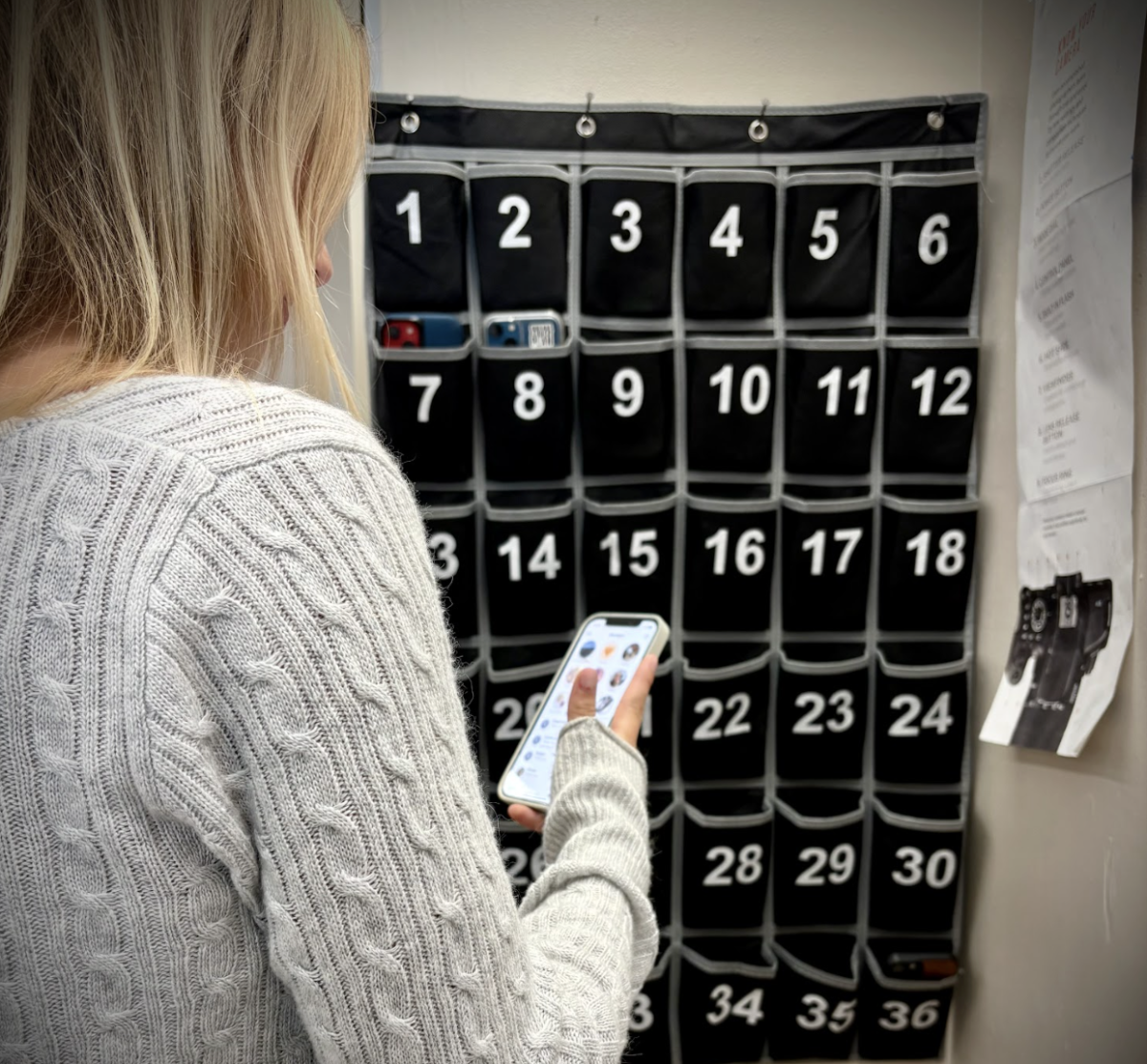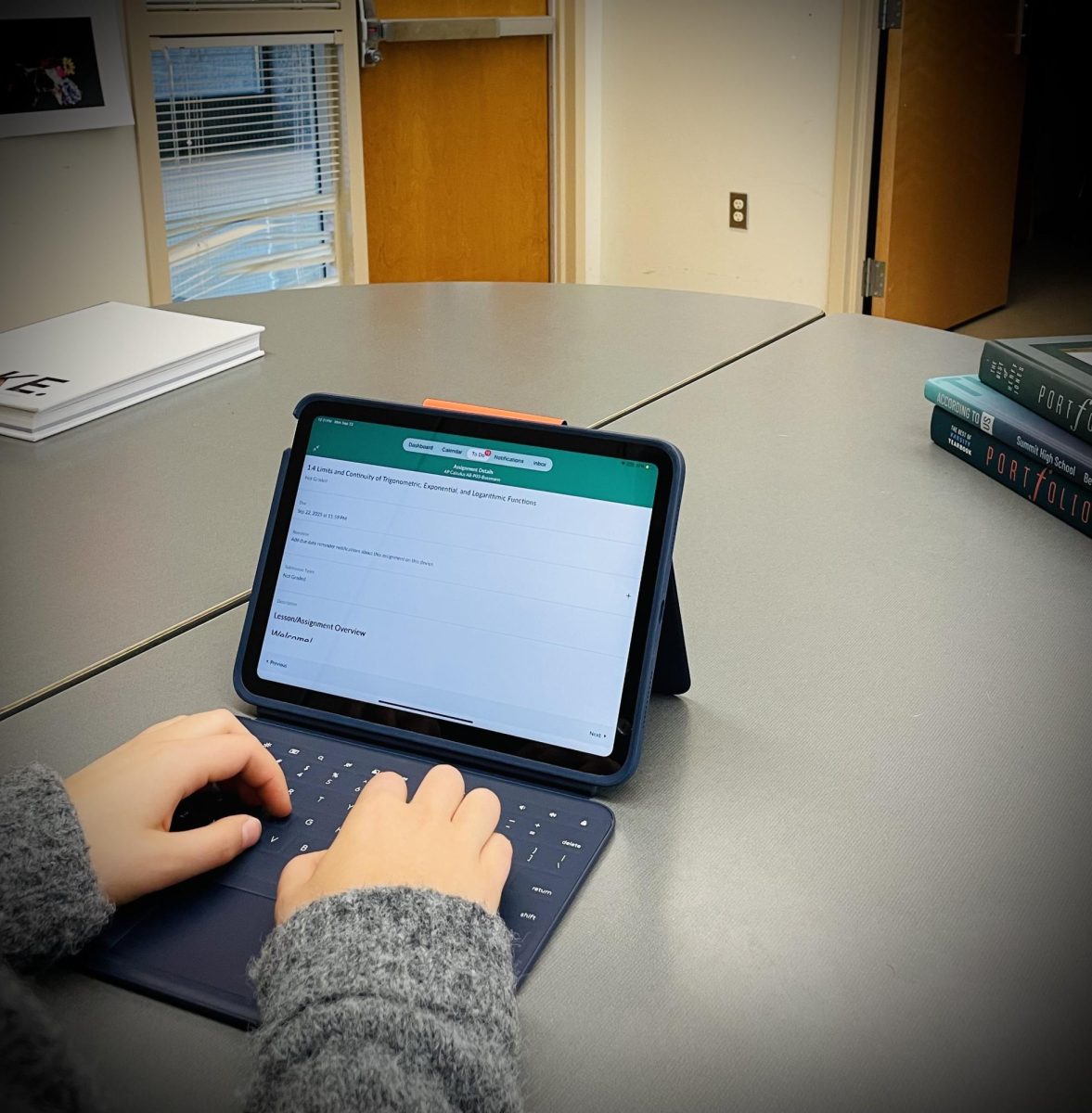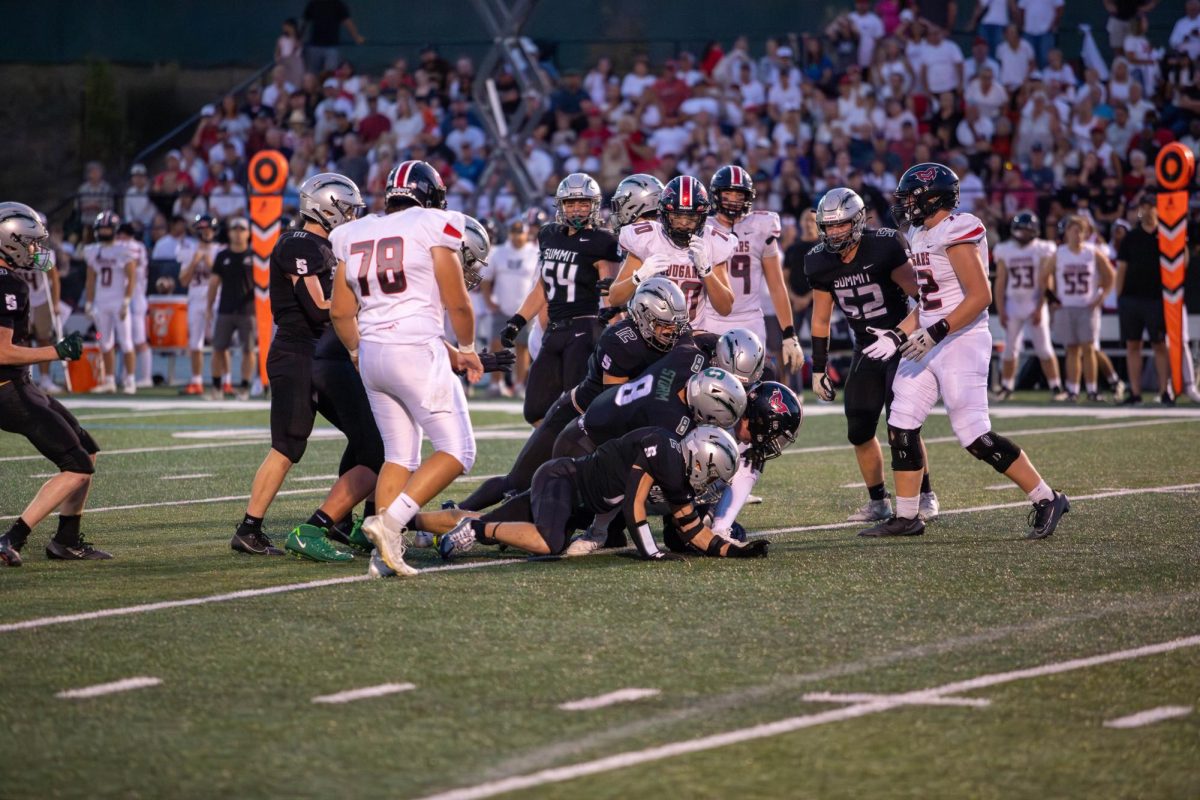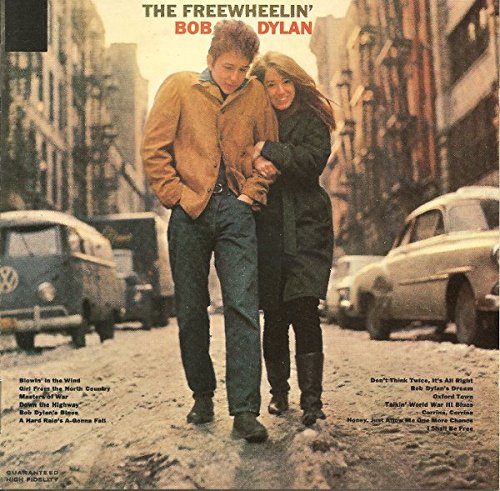Summit, Won’t You Be My Neighbor?
When Summit students turn a favorite Northwest Crossing establishment into an extension of campus, the community is left cleaning up.
12:16 p.m. on any weekday, 11:22 a.m. on Wednesdays: the bell sounds for lunch at Summit High School, hundreds of students crunched for time spill out the front doors and the Grove braces itself for approximately forty-minutes of barely-contained chaos.
Students cram communal tables and spill into the bathroom when every strewn seat is already taken up. ThAiPA’s and Left Coast rush orders, buzzers ringing in students’ hands for their vegetarian Pad Thai and classic burgers. When it’s all over, students trickle back to Summit, garbage and vandalized bathroom stalls left behind. Grove staff clean up their mess, and the next day, the chaos repeats.
Opened at the end of the 2021 school year, the Grove immediately turned into a favorite lunchtime spot for students with its quick walk from campus and range of market hall choices.
“During lunch, the Grove is filled up with a ton of people,” said Gabriella Pardini, a Summit sophomore. “A lot of them will just get fries and milkshakes and stuff like that.”
While the Grove does appreciate the swarm of teenagers bringing business at lunch everyday, Grove general manager Tara O’Connor recognizes that this horde of students is responsible for new problems.
“It’s things besides lunch that are causing issues,” O’Connor said.
She references cases of vandalism, litter, skateboarders running into people inside and various other examples of problematic misbehavior.
“I’d say ten percent cause ninety percent of problems,” said John Evans, Grove property manager.
While these issues are confined to a select few students, the consequences impact the community to a greater degree.
“We’ve received complaints from customers and staff,” O’Connor said. “They don’t feel listened to.”
Summit students are even taking over bathroom stalls at the Grove. “There will be eight or nine girls eating lunch in there,” O’Connor said. “They say it’s because there’s no seating, but still, it’s the bathroom.”
Teenage behavior reached a point where the Grove needed to hire security to make lunchtime rounds, manifesting into a surprise financial issue for the establishment. With hours completely centered around Summit’s lunchtime schedule, the Grove’s singular security guard will work only through the end of the school year.
But the Grove, and Northwest Crossing community as a whole, shouldn’t have to budget for Summit students.
Evans and O’Connor expect that these Summit-centered issues will absolve once school ends and teens aren’t confined to the west side on a time-crunch for a quick lunch.
In the meantime, the Grove does hope that disrespectful students will work to better their relationship with the Northwest Crossing community and its establishments.
It’s important that students are aware of their impact on the community, whether watching their own behavior or that of a peer.
“Summit students need to be reminded that the Grove is a public place, not just for them,” O’Connor said.



































